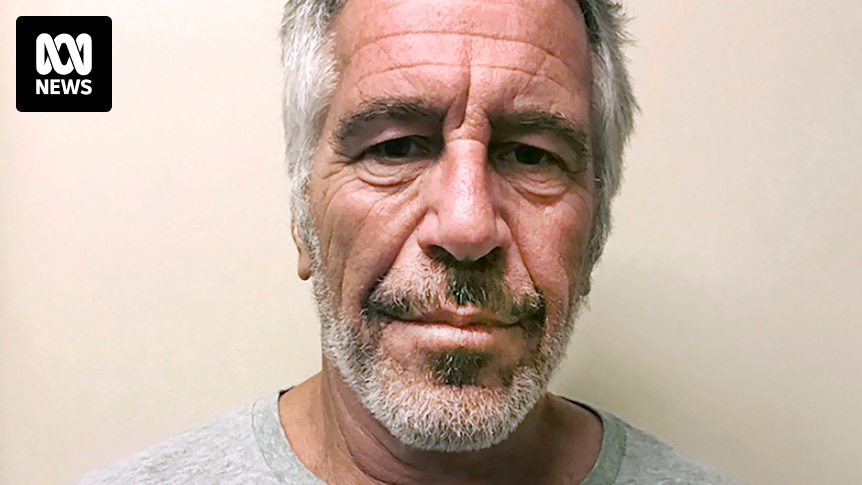
The US House of Representatives is set to take a pivotal step in the ongoing saga surrounding the “Epstein files.” This week, lawmakers will vote on legislation that mandates the Justice Department to release all unclassified documents and communications related to the late financier and convicted sex offender Jeffrey Epstein. If the bill passes the House, it will still need approval from the Senate and President Donald Trump’s signature to become law.
The move follows months of pressure from supporters of President Trump and members of the Republican party, who have called for increased transparency regarding the Epstein investigation. Despite previously dismissing the vote as a “Democrat hoax,” President Trump, who had a long-standing friendship with Epstein, has now urged Republicans to support the release of the files.
Trump’s Changing Stance on the Epstein Files
During his 2024 presidential campaign, Trump promised his supporters that he would release the Justice Department files related to Epstein. In June, when asked if he would declassify the files, he responded, “I think I would,” adding that he wanted to avoid affecting lives with potentially false information.
In February, after Trump’s presidential win, Attorney-General Pam Bondi was questioned about the release of Epstein’s “client list.” Bondi indicated that the list was under review, though it remains a subject of speculation and conspiracy theories, with some suggesting Epstein used it for blackmail.
In response to public demand, the Justice Department invited conservative influencers to the White House, where they received binders labeled “The Epstein Files: Phase 1” and “Declassified.” However, much of the information was already public, leading to dissatisfaction among Trump supporters.
Justice Department’s Findings and Public Reaction
In July, the Justice Department and FBI issued a joint statement declaring no evidence of a “client list” or blackmail scheme. They also released footage confirming Epstein’s death by suicide, countering conspiracy theories that suggested otherwise.
The department’s decision to withhold further releases sparked backlash, with Trump criticizing some supporters as “stupid” for demanding more disclosures. This tension led to a bipartisan effort in the House to push for a “discharge petition” to release the files, bypassing leadership with enough member support.
Maxwell’s Interview and Subsequent Developments
In an interview with Deputy Attorney-General Todd Blanche, Epstein’s accomplice Ghislaine Maxwell denied knowledge of any client list or blackmail scheme. Shortly after, she was transferred to a minimum-security prison in Texas.
In September, a House Committee released over 33,000 pages of Epstein-related files, mostly court documents. Among them was a birthday scrapbook allegedly featuring a note from Trump, which he denied authoring.
Implications of the Upcoming Vote
The upcoming House vote is seen as a significant step towards transparency, with Trump now supporting the release of the files. House Speaker Mike Johnson announced the vote, suggesting it could dispel allegations of Trump’s involvement in Epstein’s crimes.
The bill’s future in the Senate remains uncertain, requiring 60 votes to pass. Should it succeed, it will proceed to President Trump for final approval.
Contents of the Epstein Files
The Justice Department has only released a fraction of its Epstein files. A memo earlier this year detailed unreleased evidence, including images and videos of minors, and over 10,000 pieces of illegal material. The memo emphasized the priority of protecting victims, noting that much of the material was sealed by court order.
“One of our highest priorities is combating child exploitation and bringing justice to victims,” the memo stated.
The department has not disclosed when the videos were taken or their contents, and neither Epstein nor Maxwell faced charges for possessing child sex abuse material.
As the House prepares for the vote, the outcome could have significant implications for transparency and accountability in high-profile investigations, potentially setting a precedent for future cases.







